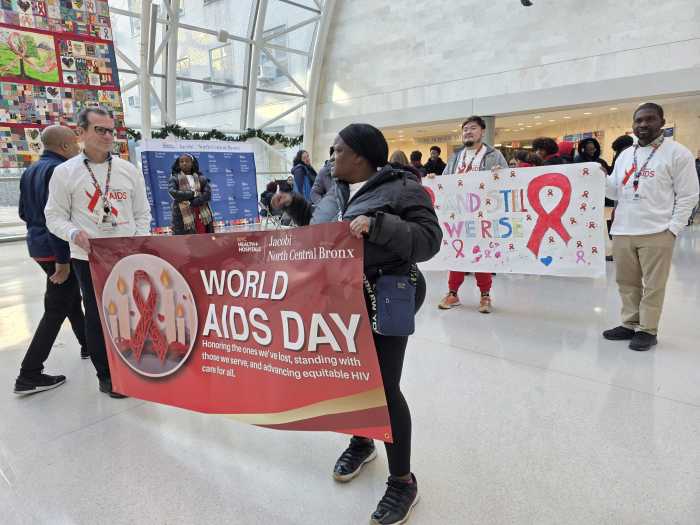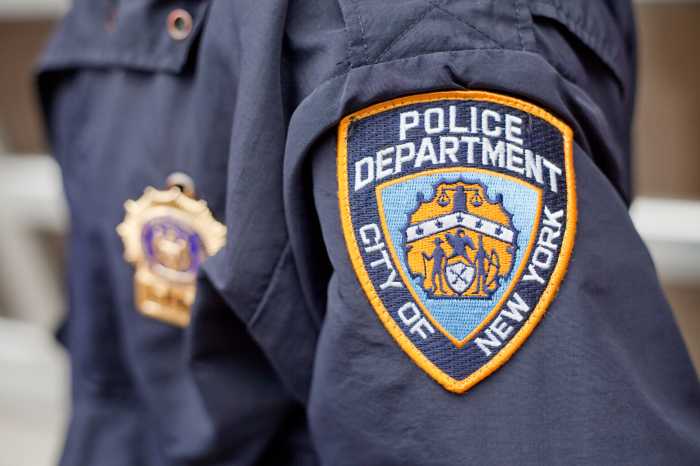Attorneys representing an out gay man on death row in South Dakota are turning to the Supreme Court yet again in a last-ditch effort to block his execution in the midst of recent evidence suggesting he may have been sentenced to death because of his sexual orientation.
Charles Rhines is facing execution at some point during a weeklong window beginning on November 3 for his role in killing Donnivan Schaeffer while robbing a donut store in Rapid City, South Dakota, in 1992. But his attorneys conducted interviews with jurors involved in the case and yielded compelling testimony showing some of them thought it would be better for him to die than to co-habit with other men to whom he might sexually attracted.
“We also knew that he was a homosexual and thought that he shouldn’t be able to spend his life with men in prison,” one juror, Harry Keeney, told Rhines’ legal team. Frances Cersosimo, another juror, said he heard a fellow juror say, “If he’s gay, we’d be sending him where he wants to go if we voted for LWOP,” meaning life without parole.
With just days remaining until the earliest possible day he could be executed, Rhines’ attorneys filed a petition for a writ of habeas corpus to the Supreme Court asking that it send the case back to a federal district court to allow the defense to present evidence of anti-gay bias among jurors in his sentencing. Rhines also asked the Supreme Court to file a petition for certiorari seeking to have mental health experts review “his significant cognitive and psychiatric impairments” as he seeks clemency.
“Anti-gay prejudice should never have any role in sentencing a man to death,” said Shawn Nolan, who is Rhines’ attorney and chief of the capital habeas unit with the Community Federal Defender Office for the Eastern District of Pennsylvania. “It is shocking that no court has ever considered the new evidence of some jurors’ anti-gay statements. The US Supreme Court must intervene to make sure a court hears this evidence before Mr. Rhines is executed.”
The Supreme Court rejected Rhines’ past appeals on this question. Following a 2017 case where the Supreme Court ruled that the usual confidentiality of jury deliberations could be breached when racism is suspected of tainting a jury verdict, Rhines sought to take a similar route, arguing his trial was tainted by the anti-gay statements of jurors. But, as reported by Gay City News’ Arthur S. Leonard in April, the federal district court in South Dakota and the Eighth Circuit Court of Appeals both opted not to consider Rhines’ argument because he waited too long in the judicial proceedings to raise the issue. The Supreme Court subsequently declined to review the Eighth Circuit ruling.
A main point raised by Rhines’ legal team is that no courts have ever weighed the constitutionality of his death sentence following the emergence of the new evidence pointing to anti-gay discrimination. It is not clear whether the Supreme Court will act prior to his scheduled execution, but its refusal to consider reviewing the case earlier this year does not bode well for Rhines.
[Editor’s note: The Supreme Court refused to hear Rhines’ appeal and he was executed on the evening of November 4.]
















